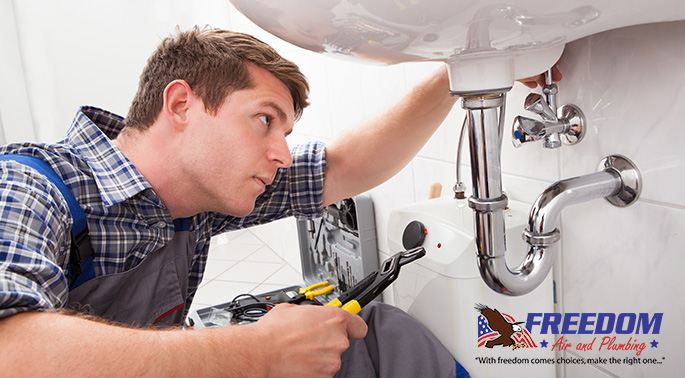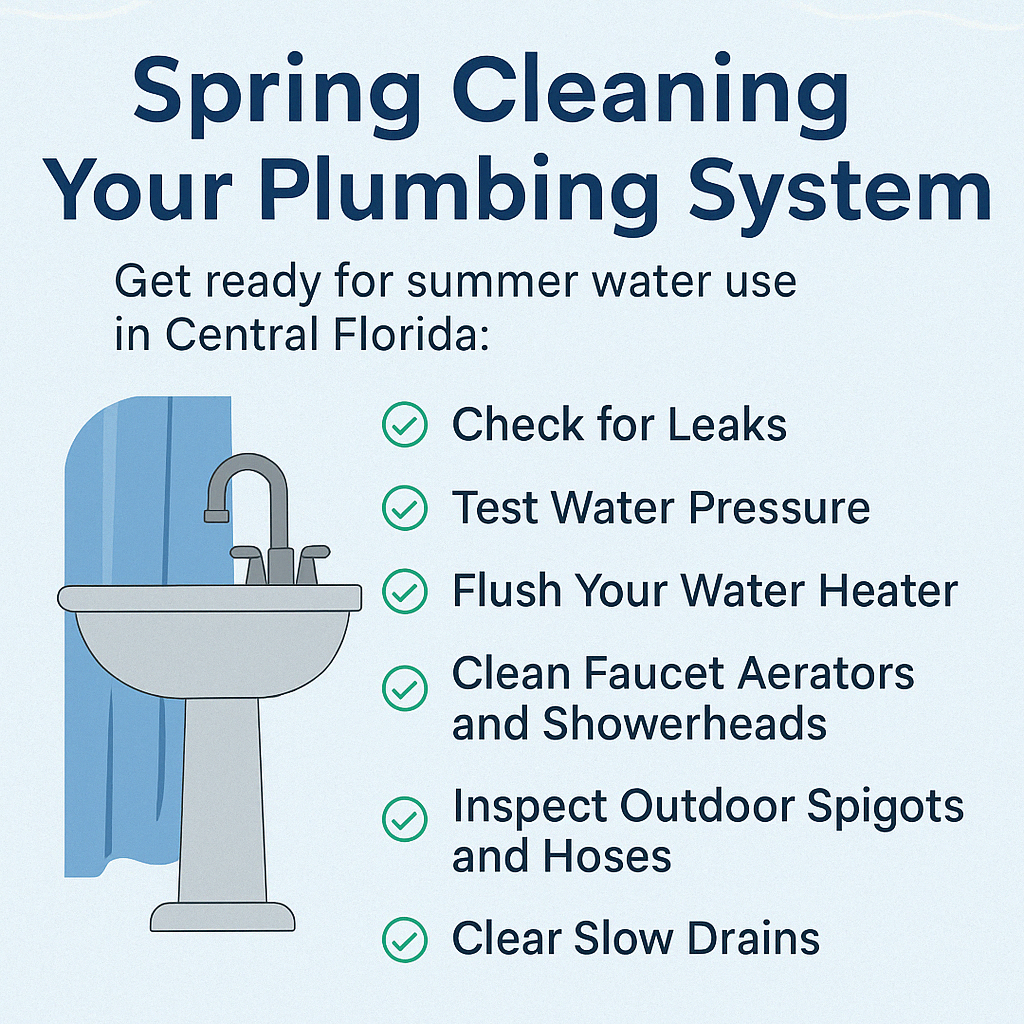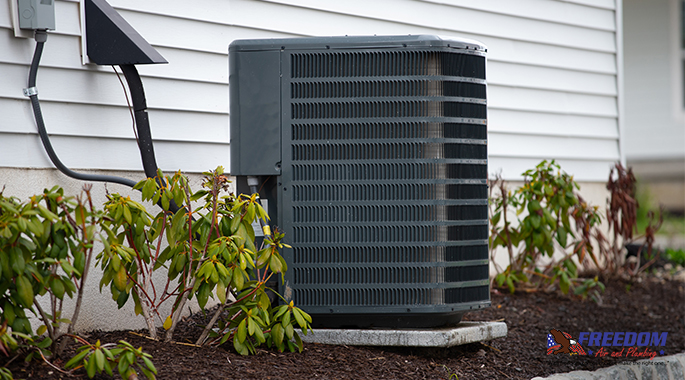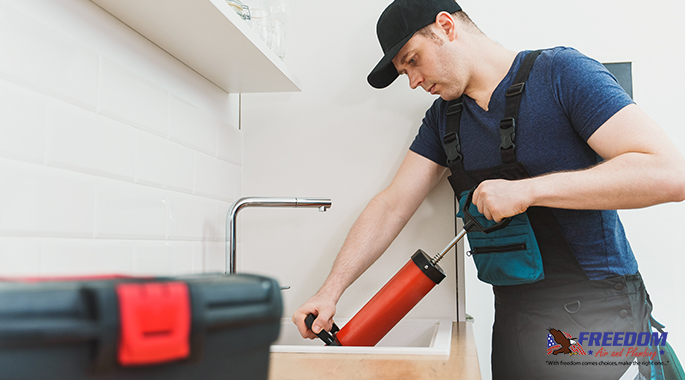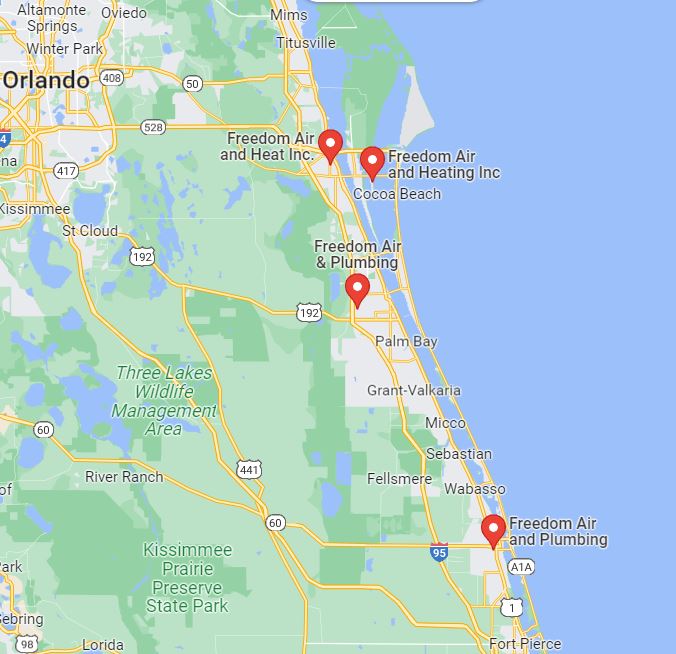Have you ever been interested in how plumbers detect water leaks? Have you wanted to know what tools and techniques they use, so you can use them on your own? Well, you have come to the right place! Here is a helpful guide by Freedom Air and Heat on how plumbers detect water leaks and how you can access these devices and methods for yourself without needing the help of a professional.
Pro-Tip: Sometimes It is Best to Get Help from A Professional!
Before we go into detail about the tools of the trade, it’s important to know that sometimes it is best to get help from a professional. Plumbers and technicians not only have the right tools, but they also have the appropriate training and knowledge for handling certain issues. If you find that you can’t DIY certain plumbing projects, don’t risk it—just call a plumber.
The Techniques
- Look for Mold and Musty Smells
Plumbers will often do a visual inspection to look for water leaks, meaning they’ll look for the obvious signs. Mold growth and musty smells on your walls, in your bathroom, and under sinks are obvious signs of leaks. Mold is a fungus that grows in damp spaces, which means it will most likely be attracted to spaces where there is heavy moisture content.
- Cracks in Textures
Cracks and bubbling in textures is another sign of water leak. If you notice these in your walls or ceiling, it is a sign of a water leak behind the drywall.
- Increase in Water Bill
Another way to check for water leaks around your home is to take a look at the water bill. A difference of $10 to $15 in the water bill from month-to-month is normal. However, if you notice a huge increase in your bill, you might have a leak somewhere.
The Tools
- Moisture Meters
A moisture meter is a tool that homeowners and plumbers can use to check for moisture readings around their homes. This comes in handy in detecting and precisely locating leaks. There are two types of moisture meters; pin-type moisture meters and pin-less moistures meters. Pin-type meters use two electrodes to scan for the presence of moisture. Since the device looks for moisture readings between the electrodes, it is only capable of scanning a smaller and more precise area. Pin-less moisture meters scan larger areas and make finding moisture readings and leaks a lot quicker. These moisture meters can be found at your nearest home improvement store and vary greatly in cost and quality.
- Heat Scanner
A heat scanner, or a thermal leak detector, is another device that plumbers can use to detect leaks around your home. While it won’t show any moisture or water, it can detect temperature differences that might indicate the presence of water. Thermal leak detectors can be found in home improvement stores as well.
- Acoustic Listening Devices
This technology is a little more advanced and is used by professional leak detection contractors and companies. These devices can detect sounds caused by leaks through the densest concrete, using high-quality sound technology. These devices are harder to find at nearby home improvement stores and their costs are up to $300.
Have more questions about how plumbers detect water leaks? Call us today at 321-631-6886 or schedule a service online!

